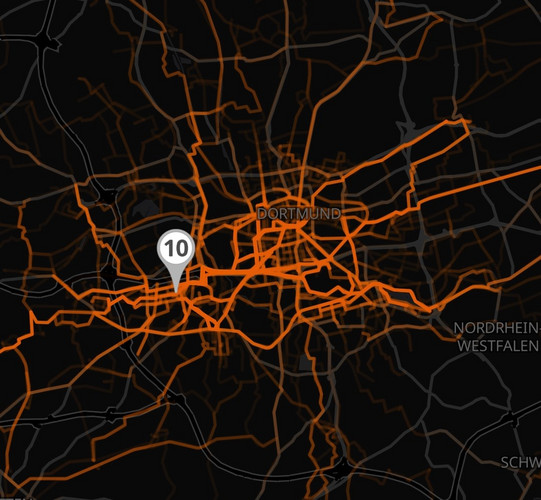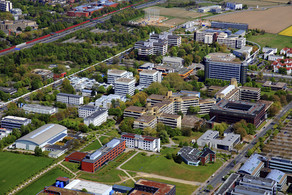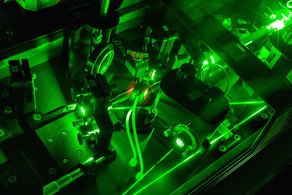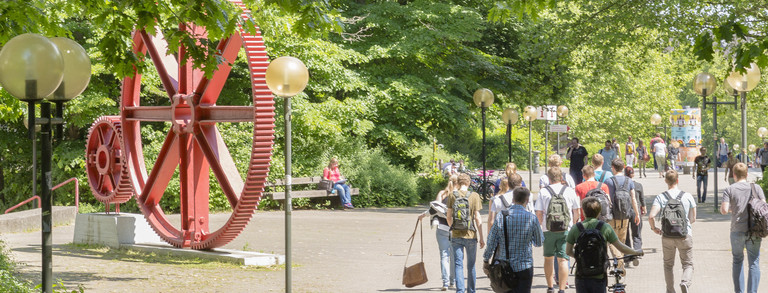Goal 11: Sustainable cities and communities
The goal is divided into several sub-goals. SDG 11 resolves to improve access to safe, affordable housing and transport systems (11.1 + 11.2). Special attention should be paid to older people or people in precarious situations or with disabilities, as well as women and children. Overall, urbanisation should be made more inclusive, planned in a participatory manner and take into account world cultural and natural heritage sites (11.3 + 11.4). Reduce per capita urban pollution, air quality and waste treatment, and significantly reduce deaths and affected people due to disasters (11.5 + 11.6). Promoting access to safe and inclusive green public spaces is a goal (11.7).
At the same time, national and regional development planning should be promoted and social as well as ecological links between urban and rural areas strengthened (11.a). Policies and plans to promote the above measures in cities and settlements are to be increased by 2020 and the aim is to support least developed countries through financial and technical assistance in the construction of sustainable buildings using regional materials (11.b + 11.c).
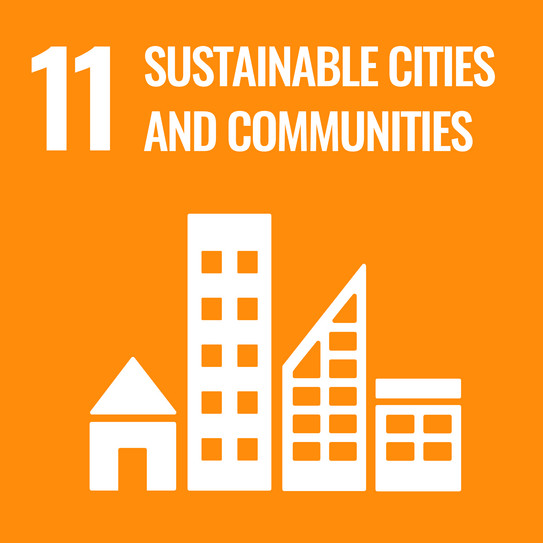
News on sustainable cities and communities
TU Dortmund at the bicycle competition 'Saddle up for the climate'
- News
- 11 Nachhaltige Städte und Gemeinden
- TU News
- Nachhaltigkeitsbüro
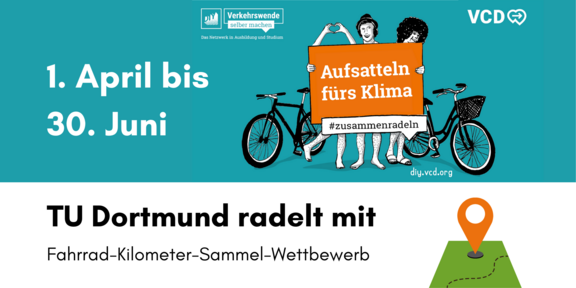
In the first, three-month bicycle competition 'Aufsatteln fürs Klima' ('Saddle up for the climate') of the VCD, the TU Dortmund took 4th place.
From April to the end of June, the TU Dortmund took part in the VCD's cycling competition Aufsatteln fürs Klima (Saddle Up for the Climate ). 61 active cyclists from the TU took part in the premiere of the competition and cycled a total of 18,556 kilometers. Thus, the TU reached 4th place among all universities.
The strongest TU teams were:
- PumpingDieLämmer with an average of 948 kilometers.
- TIPandothers with an average of 430 kilometers
- and Faculty of Statistics with an average of 423 kilometers .
A total of 24 universities with 800 cyclists took part and cycled more than 180,000 kilometers together. The competition and the switch to cycling not only reduce greenhouse gas emissions, but also promote health and quality of life in the cities.
